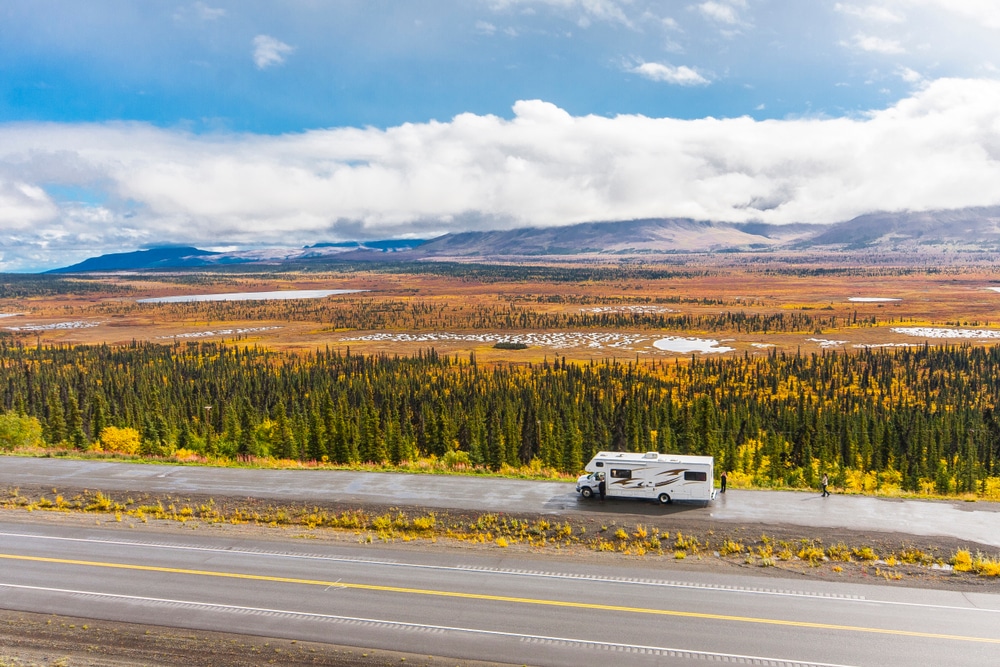The summer season in the UK is set to be a profitable one for the hospitality industry, with hotels in popular tourist destinations already seeing a significant number of bookings.
According to data from analytics firm STR, 55% of rooms in Devon and Cornwall have been booked for the rest of June, July, and August, an increase from 52% during the same period last year. Cumbria has also seen a surge in demand, with 44% of rooms already booked, up from 36% in 2022.
The staycation trend, which began during the pandemic when travel restrictions limited foreign holidays, continues to thrive, as reported by the Daily Mail UK.
This is evident in the expectations of holiday operator Bourne Leisure, which anticipates hosting three million people across its 39 Haven caravan parks this year, a 20% increase from 2.5 million last year. Similarly, Sykes Holiday Cottages has made a record 21,000 holiday lets available this summer, a 15% increase in anticipation of further demand.
Paul Charles, chief executive of travel consultancy The PC Agency, believes that the quality of accommodation and food in the UK has improved significantly, transforming the perception of UK holidays.
He also notes that the post-pandemic period has encouraged UK citizens to re-evaluate the potential of their own country as a vacation destination. This shift in mindset, coupled with the desire to avoid busy airports and currency exchange, has made the UK more attractive for vacations.
The impact of this trend on the outdoor hospitality industry is significant. The increase in staycations has led to a surge in demand for outdoor accommodations such as caravan parks and holiday cottages. This has not only boosted the revenues of operators in these sectors but has also created opportunities for further growth and development.
However, the staycation boom is not without its challenges. The increased demand for accommodations has put pressure on operators to provide high-quality services and facilities. As Paul Flaum, Bourne Leisure boss, points out, guests are not just looking for value for money, but also certainty and assurance that their expenditure is worthwhile.
Despite the challenges, the outlook for the outdoor hospitality industry remains positive. A survey by Visit Britain found that nearly 40% of British tourists are more likely to go on a holiday in the UK in the next six months compared to the previous year.
This suggests that the staycation trend is likely to continue, providing a steady stream of customers for the outdoor hospitality industry.
The staycation boom also has implications for the broader tourism industry. The increased demand for domestic holidays could stimulate the development of new tourist attractions and activities, further enhancing the appeal of the UK as a vacation destination.
It could also lead to improvements in local infrastructure and services, benefiting not only tourists but also local residents.
The summer tourism season is bringing significant benefits to the outdoor hospitality industry in the UK. The staycation boom has led to a surge in demand for outdoor accommodations, boosting revenues and creating opportunities for growth.
Despite the challenges, the outlook for the industry remains positive, with the staycation trend likely to continue in the foreseeable future.
For more insights on the UK staycation boom, you can watch this YouTube video by RMS Cloud titled “Success Story | How Gwel an Mor created success during the UK staycation boom.”


